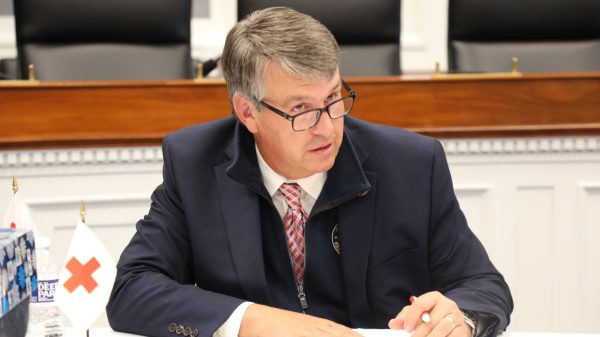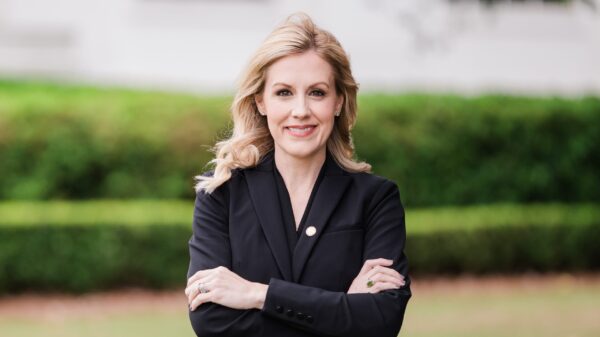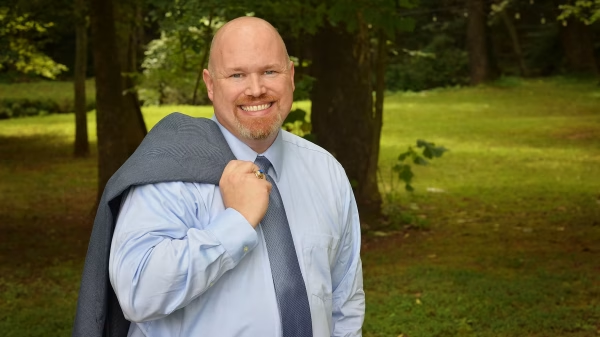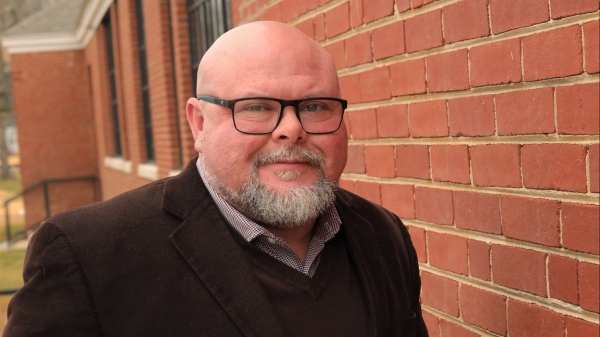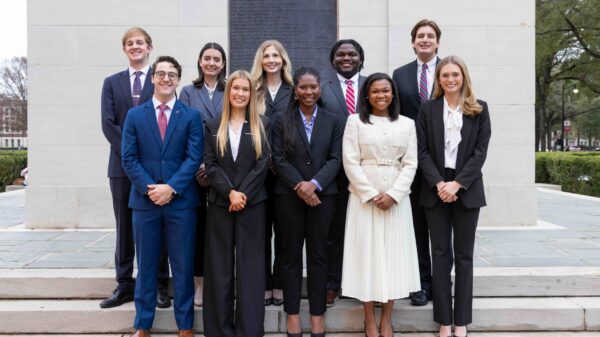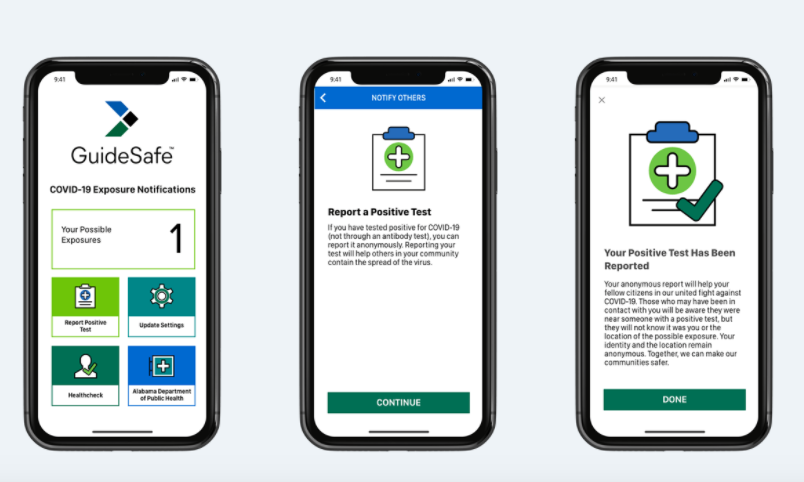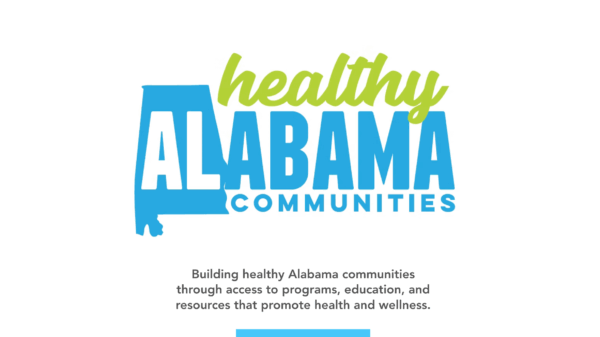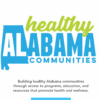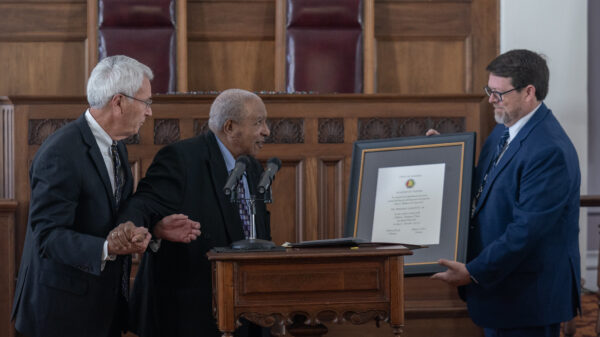Public health officials are hoping as many people as possible download a phone app that can notify them if they’ve been exposed to someone who’s tested positive for COVID-19.
The more people who do so, the better the app can help slow the spread of the deadly disease, said Curtis Carver, UAB’s chief information officer, speaking to reporters on Monday.
The Guidesafe app was built by UAB and the Birmingham software firm MotionMobs, in conjunction with the Alabama Department of Public Health and uses Google and Apple’s exposure notification software. The app’s development was paid for with federal CARES Act funds, and was first made available for college students but is now open for anyone over the age of 14 to download.
“This tool will arm us with the power to inform ourselves regarding potential exposures to COVID-19, and this will be done safely and securely,” said Dr. Karen landers with the Alabama Department of Public Health, speaking during Monday’s press briefing.
Carver said more than 1,800 people tested the app earlier this month to ensure it works as intended. The app does not replace the need for ADPH to conduct contact tracing, Carver said, but it augments that work by helping to notify someone of possible exposure to the disease.
“The app was also designed to strenuously protect personal privacy while anonymously alerting users of possible exposure to someone who later tests positive to COVID-19,” Carver said. “Data confidentiality and user privacy permeate every aspect of the app.”
Carver said the app never records a person’s location or identity and it does not accesses the user’s contact list or use the phone’s GPS. Instead, it creates a randomized code for every phone, stores that code on the phone’s operating system, and if the user comes within 6 feet of another person who has the app, and the person later tests Positive for COVID-19 and reports that positive test result in the app, the user his notified of that exposure through the app.
“Apple is not involved. Google is not involved. UAB is not involved. The state of Alabama is not involved. The federal government is not involved,’ Carver said of the app’s functionality. N
Sue Feldman, professor of health informatics and UAB’s School of Health Professions, stressed to reporters that the app does not collect or store any personal information from the user, and it cannot determine the user’s identity or that of anyone else who uses the app. The app uses BlueTooth technology to signal between phones, but no personal information is collected or shared, she said.
If a user is notified that they may have been exposed to someone with COVID-19, the app will prompt them with guidance from ADPH on what to do next. Feldman said to prevent people from submitting false-positive test results into the app, when a person does notify the app that they’ve tested positive it requires them to input their telephone number, which is verified through Alabama Department of Public health’s database of numbers from people who have a confirmed case.
The app turns the phone number into an encrypted code, Feldman said, and the number is destroyed in the app once the user completes the verification process.
“The more people that use it the more powerful it is,” Carver said of the app.
“There’s no one silver bullet that is going to be the be-all, end-all to end COVID-19. It doesn’t exist today. Doesn’t exist tomorrow. We don’t know if and when it will ever exist,” Feldman said. “We have a flu vaccine. We still have the flu, so even with a vaccine there’s a likelihood that we will continue to have different mutations of COVID-19.”
The app is another tool in public health officials’ toolbox to slow the spread of the disease, Feldman said, and it’s up to each individual to do their part to help in that effort.

